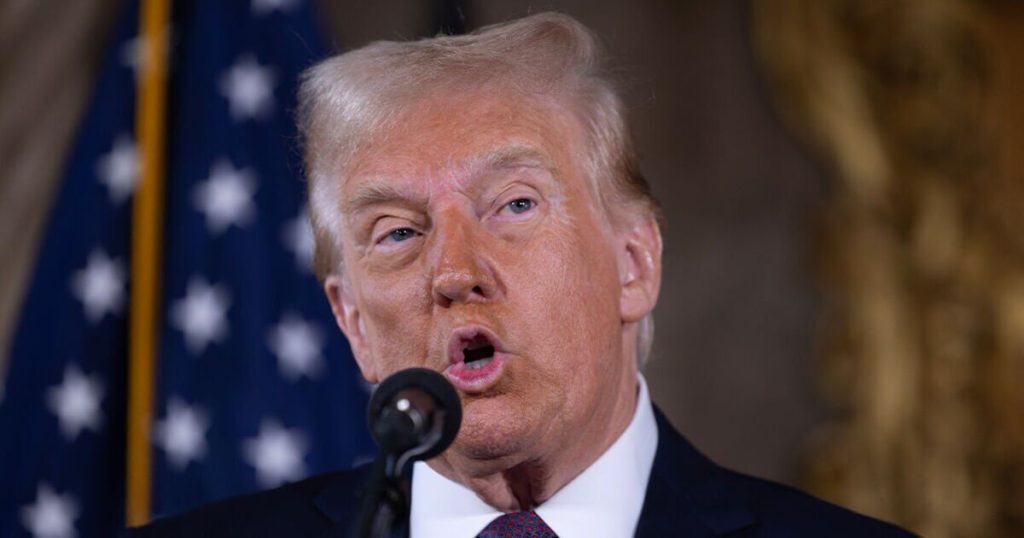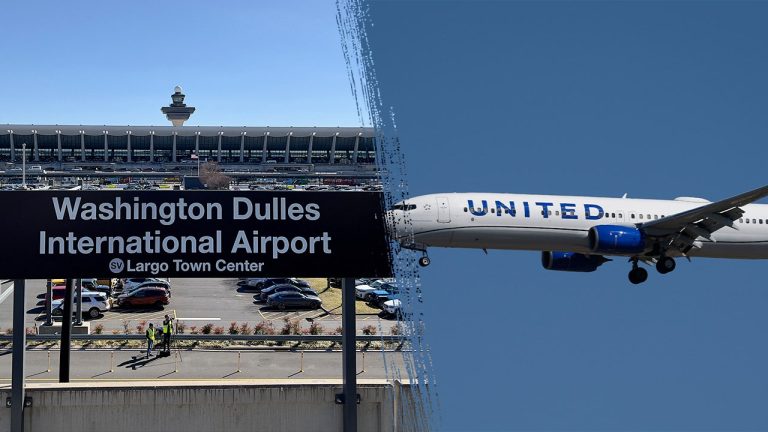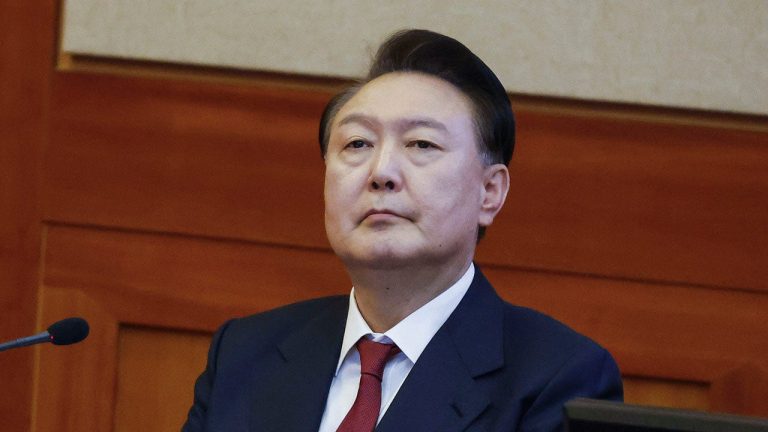
Savers have been urged to check if they would benefit from switching accounts as the return of President Donald Trump to the White House today (January 20) is set to have a major impact on UK finances.
President Trump has threatened to bring in tariffs from his first day back in office, potentially hiking costs across the world.
Rob Morgan, chief investment analyst at Charles Stanley, warned about how this could affect the UK economy and interest rate trends.
He explained: “Several factors could conspire against there being more than a couple of interest rate cuts this year.
“Major retailers have warned that food prices may resume an upward trajectory, and a recent increase in the previously subdued oil price could herald a further inflationary pulse on top of the expected impact of Donald Trump’s reprise as US President.
“There are concerns that should Trump look to implement his tariff-led approach there could be a significant impact on the costs of global trade.”
Despite the pressures from US policy, Mr Morgan believes that the Bank of England will likely cut the base rate this year, which is currently at 4.75 percent.
In light of this, he urged savers to consider locking in a good rate before those on offer fall further. He stated: “The interest rate picture remains positive for savers with the best easy access rates still north of 4.5%.
“However, this inflation-beating rate of return is likely to narrow over time as the base rate moves lower. It may therefore be a good time to consider a fixed rate if you are happy to lock your money away because inflation and interest rate expectations may now fall back a little. A rate of around 4.5% is currently achievable for a one-year fixed term.”
Looking at the top rates on moneyfactscompare.co.uk, at the time of writing there are several fixed rate accounts offering rates of 4.7 percent, including for one or two years fixes.
Sharing his predictions for interest rates, Mr Morgan said: “We believe a balance of policymakers will decide it is appropriate to take a further 0.25% slice off interest rates from 4.75% to 4.5% at the next meeting in February.
“If anything, the recent tightening in financial conditions, which pose clear downside risks to the UK economic outlook, reinforce the case for BoE easing in the Spring too.”
Another expert warning interest rates may not fall as sharply as previously thought is Jason Hollands, managing director at wealth management firm Evelyn Partners.
He said: “Only few months ago, expectations were that interest rates would be cut a number of times in 2025 as inflation continued to tick down.
“However, markets have become increasingly concerned about stubborn inflation and the headwinds from a combination of a rebound oil prices to their highest level since last summer, large public sector pay rises and the impact of Rachel Reeve’s Budget as companies pass on the cost of employer’s National Insurance increases and a hike in the minimum wage to customers.”
He also had a warning about rising costs given the UK’s trading relationship with the USA, saying: “The Pound has also weakened versus the Dollar since the Budget and this will make some imports that are priced in US Dollars – including energy costs – more expensive to people in the UK.”






